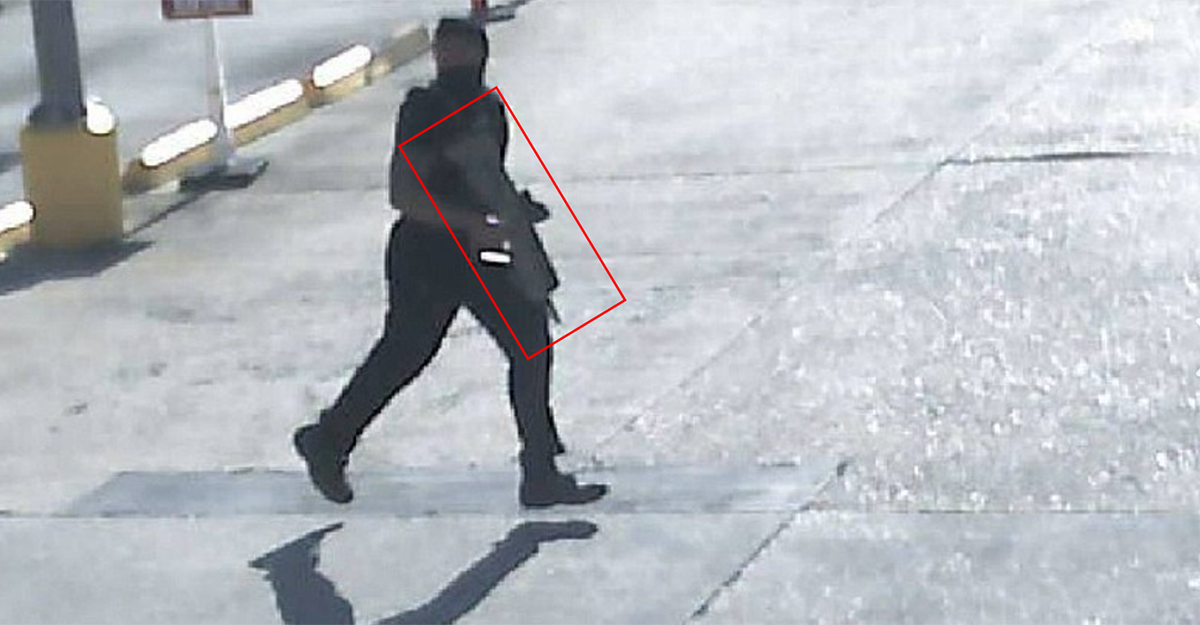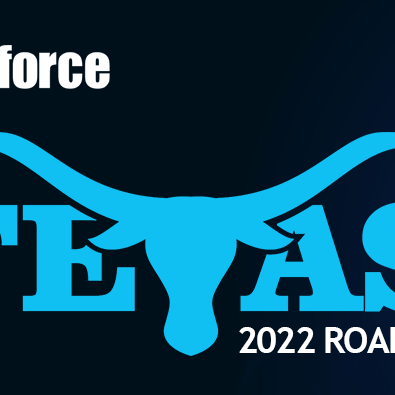
Recognitional Support: A School Safety and Security Essential
Multi-variant sensing and cueing largely speaks to physical sensors interacting with each other (even sensors from disparate manufacturers) at high speeds to derive meaning and minimize “false positivesâ€. Adding privacy-assured artificial intelligence, in the form of cognitive services, provides additional precision for threat detection and mitigation. Recognitional support and stream analytics is an essential component of a multi-tiered approach to identify a security and/or safety problem and is a critical piece that enables autonomous orchestration in time critical processes.
Recognitional support tools have enhanced efficiency in many human jobs by delivering “always-onâ€, intelligent monitoring with proactive alerting to enable administrators and staff to intervene as early as possible when a threat is detected. Recognitional-focused use of technology can monitor and detect imminent danger from events such as lab fires, detecting large clusters of students, and now detection of a person in the parking lot with a firearm.
A smart and connected campus can now take advantage of a wide array of artificial intelligence algorithms for enhanced campus security and includes:
- ALPR: Automated license plate readers (ALPRs) are high-speed, computer-controlled camera systems that can be mounted on lamp poles or other locations in parking lots. ALPRs automatically capture license plate numbers that come into view when vehicles enter a parking lot. ALPR can be an invaluable tool for detecting unknown vehicles, as well as “known†vehicles to provide advanced notification where “trespass†and/or “restraining orders†are in place.
- Object Identification: Firearm-detection AI can leverage existing camera systems in public spaces like parking lots and even inside of building, where governments and businesses want to protect people. These systems, also characterized as “metal detectors 3.0″—can be used in places like schools, sports stadiums, and malls to help react more quickly to shooters, but can also be leveraged by BlueforceEDGE to cue standards-based access controls systems and intelligent Samsung Displays to secure a building while providing instructions to those on the inside.
Our new eBook “5 School Safety and Security Essentials†is now available. Watch this blog for excerpts from the eBook. Want to learn more? Send an email to info@blueforcedev.com or fill out a CONTACT ME form located here…
Download eBook

